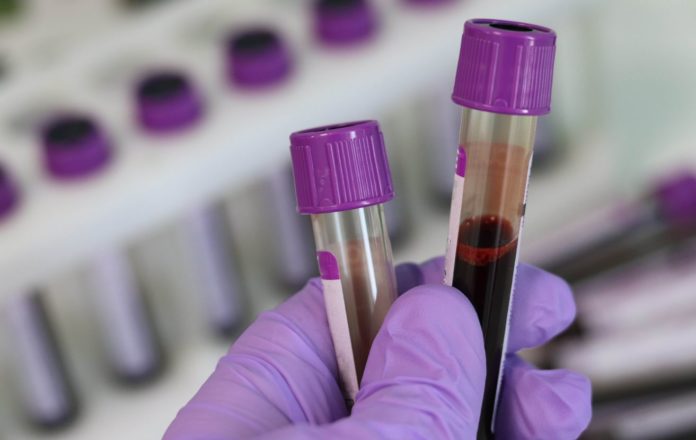What makes protective immune system cells trigger inflammation leading to death in COVID patients
T cells and antibody-producing B cells in the immune system have been shown to deliver widespread protection against infections like SARS-CoV-2, the virus that causes COVID-19.
In addition, large-scale data analysis involving millions of cells have provided scientists with a wide picture of the immune system’s reaction to this virus.
They have also discovered that some immune cell responses, even those by normally protective cell types, can occasionally cause fatal inflammation and death in patients.
Yale researchers report in the journal Nature Biotechnology that a novel data analysis technique they developed has uncovered the particular immune cell types linked to an increased risk of death from COVID-19.
Other data processing technologies that enable research down to the level of single cells have provided scientists with some information concerning the causes of severe COVID instances. However, such targeted views frequently lack the context of specific cell groupings that may result in better or worse outcomes.
Manik Kuchroo, a research associate in Krishnaswamy’s lab and co-lead author of the paper, employed the new technology named Multiscale PHATE to examine 55 million blood cells from 163 patients admitted to Yale-New Haven Hospital with severe COVID-19 infections. They discovered that high amounts of T cells appear to protect against bad outcomes, whereas high levels of two white blood cell types, granulocytes and monocytes, were linked to greater rates of mortality.
When the researchers dug deeper, they discovered that TH17, a helper T cell, was also associated with increased mortality when grouped with immune system cells IL-17 and IFNG.
According to the researchers, they were able to predict whether a patient would live or die with 83 percent accuracy by analyzing the number of these cells in the blood.
“We were able to rank order risk factors of mortality to show which are the most dangerous,” Krishnaswamy said.
According to her, the new data analytical technique may theoretically be used to fine-tune risk assessment in a variety of conditions.
Image Credit: Getty
You were reading: Blood screening may predict whether COVID patients would live or die
